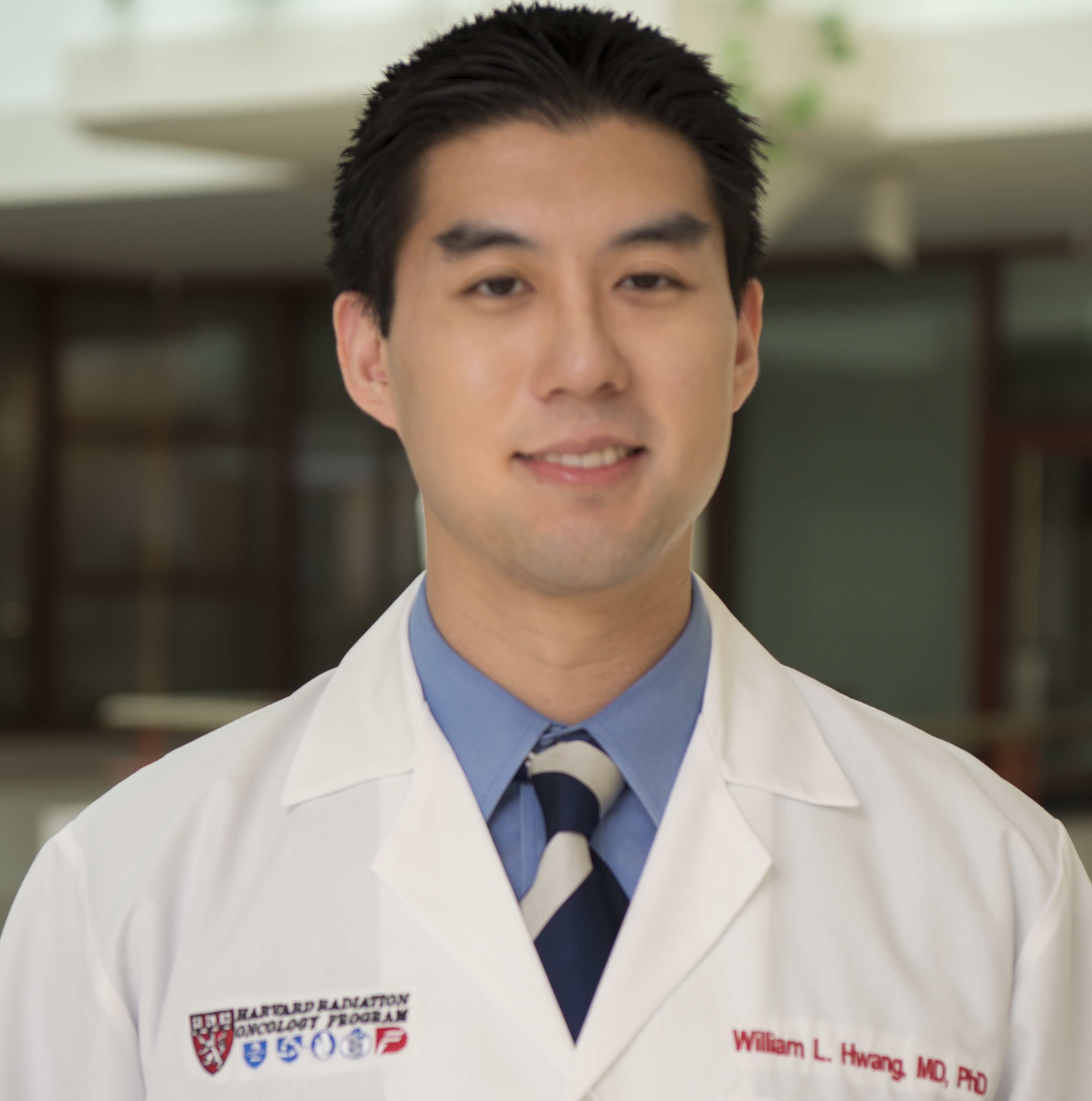Events Calendar
A molecular classification of pancreatic ductal adenocarcinoma (PDAC) that informs clinical management remains elusive. Previously identified bulk expression subtypes in the untreated setting were influenced by contaminating stroma whereas single cell RNA-seq (scRNA-seq) of fresh tumors under-represented key cell types. Two consensus subtypes have arisen from these prior efforts: (1) classical-like, and (2) basal-like. Basal-like tumors were associated with worse survival in the metastatic setting but attempts to refine this binary classification have failed to further stratify patient survival. Here, we developed a robust single-nucleus RNA-seq (snRNA-seq) technique for banked frozen PDAC specimens and studied a cohort of untreated resected primary tumors (n ~ 18). Gene expression programs learned across malignant cell and cancer-associated fibroblast (CAF) profiles uncovered a clinically-relevant molecular taxonomy with improved prognostic stratification compared to prior classifications. Digital spatial profiling revealed an association between malignant cells expressing basal-like programs and greater immune infiltration with relatively fewer macrophages, whereas those exhibiting classical-like programs were linked to inflammatory CAFs and macrophage-predominant microniches.
Recent clinical trials have supported the increasing adoption of neoadjuvant therapy to aggressively address the risk of micro-metastatic spread and to circumvent concerns of treatment tolerance in the postoperative setting. There is an urgent need to understand how preoperative treatment impacts residual tumor cells and their interactions with other cell types in the tumor microenvironment to identify additional therapeutic vulnerabilities that can be exploited. Towards this end, we performed snRNA-seq on an unmatched cohort of neoadjuvant-treated resected primary tumors (n ~ 25) with most cases involving FOLFIRINOX chemotherapy followed by chemoradiation. Remarkably, the quality of single-nucleus mRNA profiles was comparable between heavily pre-treated and untreated specimens. We identified differentially expressed genes between treated and untreated samples to infer cell-type specific reprogramming in the residual tumor. This analysis revealed that in the neoadjuvant treatment context, there was lower expression of classical and squamoid phenotypes in malignant cells in favor of mesenchymal, basaloid, neuronal-like, acinar-like, and neuroendocrine-like.
Our refined molecular taxonomy and spatial resolution may help advance precision oncology in PDAC through informative stratification in clinical trials and insights into compartment-specific therapies.

Short bio: William Hwang, MD, PhD is a radiation oncologist at the Massachusetts General Hospital Cancer Center, Instructor of Radiation Oncology at Harvard Medical School, Andrew L. Warshaw, MD Institute for Pancreatic Cancer Research Fellow, and Associate Scientist and the Broad Institute and Koch Institute for Integrative Cancer Research. As a physician-scientist, he specializes in the treatment of gastrointestinal cancers and his research program is focused on the development and application of single-cell and spatial biology methods, autochthonous and transplant genetically-engineered mouse models of pancreatic cancer, and pooled genetic screens in organoids to study the tumor-stroma interactions in pancreatic cancer (and other GI malignancies) at unprecedented resolution. I am particularly interested in studying the (1) cell state plasticity involved in early tumorigenesis and treatment-induced reprogramming; (2) tumor-nerve interactions, which is remarkably important in the pathogenesis of pancreatic cancer but understudied to date, and (3) mechanisms by which radiotherapy reprograms the tumor immune microenvironment and how these changes may be harnessed to improve immunotherapeutic strategies.
